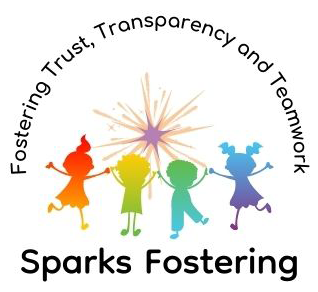Supporting children with their Gender and Sexuality
Fostering homes are required for all genders – boys, girls, and occasionally children who identify as other genders. Children may also explore their sexuality and may want to learn about various sexual identities.
The gender or sexual identity of the child alone does not determine the needs of the child; however, if there are needs identified in relation to the child’s gender or sexual identity, Sparks Fostering would ensure that the child lives with a suitably matched fostering home and that the fostering family is supported and trained to care for the child.
Gender and/or sexual identity can be a difficult and challenging topic for anyone, but more so for children who have suffered the trauma of separation from their family; therefore, their foster carers are required to be exceptionally patient, caring, understanding and supportive. Their foster carers are also required to have knowledge or experience of gender/sexual fluidity and they must be willing to engage with the relevant professional organisations.
There may be situations when a child identifies with a particular gender or sexuality when placed in the fostering home (or the topic was not explored) and then during the time of the placement the child may come to identify with a different gender or sexuality. Of course, this is not exclusive to fostering homes and can happen with birth/own children. Sparks Fostering expects all of the fostering homes to form strong emotional attachments to the children living with them and as such, no child should feel unwelcome as a result of their gender or sexual identity. Indeed, all Sparks foster homes are expected to remain focused on providing stability for the child/ren they care for, with a focus on trauma recovery and promoting the wellbeing of the child/ren. Foster carers are provided support and guidance regarding identity development, when this is required.
Training and additional information (optional)
Mermaids offers gender diversity training to social care organisations.
Shore – a safe space for teenagers worried about sexual behaviour







